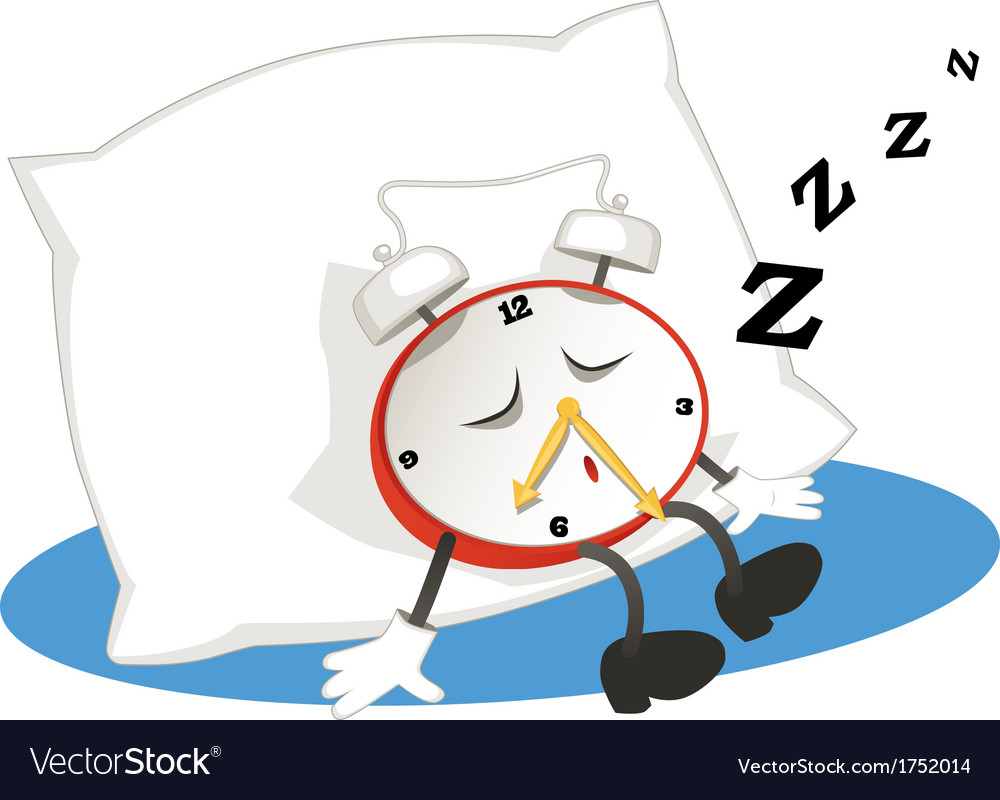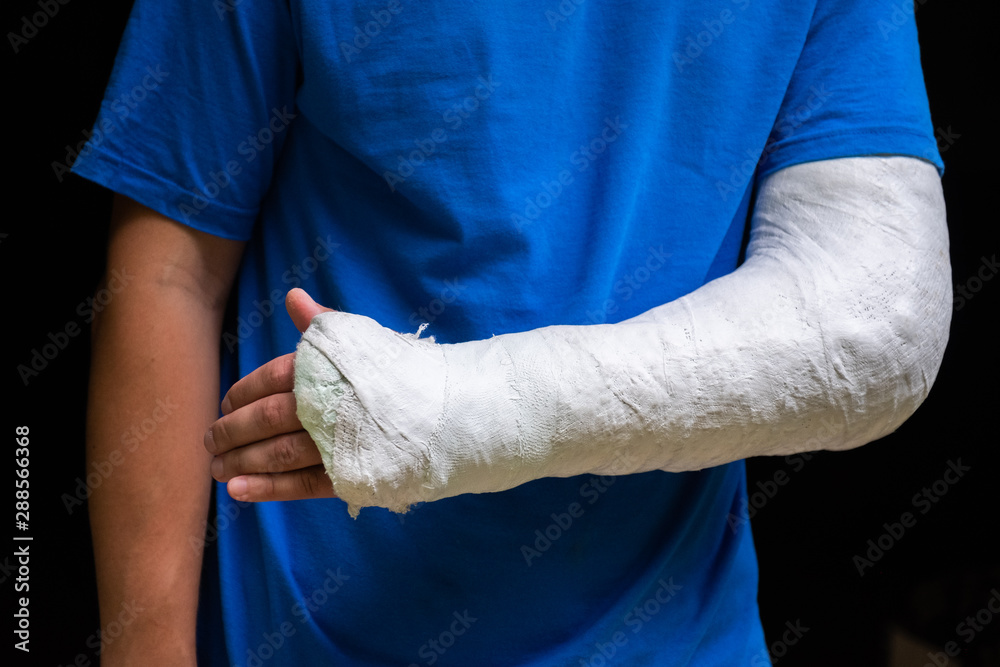I used to worry about my late husband because he spent so much time sleeping. Sometimes he’d log a solid eight hours overnight and then refuse to get up in the morning, dozing on until early afternoon. I assumed, as his doctors did, that he was depressed and using sleep to escape daunting realities—he’d had a severe head injury and was recovering at a snail’s pace, so he had a lot to feel depressed about.
These days, I have several friends in my age group (I’m in my 80s) who frequently sleep for more than eight hours, and then, once they’re up, have trouble staying awake. Wondering whether they’re depressed too or whether they have a different problem, I did some digging online.
I already knew that insomnia (something I often deal with) is common in later life, but I was surprised to learn that in one study, almost a quarter of participants 65 or older reported that they slept too much.
If you regularly spend more than nine hours out of 24 sleeping and still have trouble staying awake during the day, that’s a problem, according to sleep specialists. “Regularly” is important, however. You’re not sleeping too much if you’re just making up for late nights or for traveling across time zones.
Oversleeping (also called long sleeping or hypersomnia) isn’t something you want to ignore. It’s been linked to a long list of serious medical conditions. Among other things, people who sleep too much are more likely than others to have Type 2 diabetes, heart disease or a stroke, or to suffer from depression or anxiety, obesity, headaches or cognitive issues, including memory problems. Experts aren’t sure whether long sleeping plays a role in causing these conditions or is a warning sign that you’re at risk for one of them or already have it.
What causes oversleeping? Medications—for instance, antihistamines and opiates—can knock you out, especially if you take them regularly. So can interactions between drugs.
Depression has been linked to long sleeping. Researchers report that 15 percent of those who are depressed are hypersomniacs. Excessive sleeping doesn’t cause depression but can make it worse. When you often wake reluctantly at noon, with half the day already gone, you’re apt to feel hopelessly out of control. If you can force yourself to get up in the morning and get something done, you may feel better. But for many people that’s too difficult, and a better solution is to get help from a therapist and possibly a prescription for an antidepressant.
Physical conditions and sleep disorders that frequently make it difficult to sleep at night can also explain oversleeping by day. Pain, for example, can leave you starved for sleep. A friend who has severe back problems says that when her back hurts so badly that it keeps her awake for most of the night, “it feels impossible to get up the next day.”
Similarly, insomnia is sometimes to blame for long sleeping. In the past, I’ve had problems with that. After a wakeful night, I’d finally doze off just before dawn and then stay in bed until close to noon, trying to make up for what I’d missed. When I did that, I felt OK for the rest of the day but was almost guaranteed to have insomnia again the following night. For me, when I haven’t slept much, it’s better to get up when I usually do and stay awake all day so that when I finally fall into bed that night, I’m so tired that I sleep long and well.
Quite a few sleep disorders besides insomnia become more common in later life and can lead to hypersomnia. Sleep apnea is just one example: during the night, as your throat relaxes, your airway is blocked again and again. Each time, you struggle to breathe and you’re nudged awake—but so briefly that the next morning, you may have no memory of being awakened, though you feel unaccountably exhausted.
Treatments for oversleeping depend on what’s causing it, so a first step is to see your doctor. If it seems likely that a sleep disorder is to blame, it’s worth consulting a sleep clinic, because many of those problems are treatable.
For mild cases, there are common-sense things you can do. First, try to avoid becoming sleep-deprived because that makes it harder to resist oversleeping. One way to do that is to make your sleep/wake schedule more consistent. Get up at about the same time every day, no matter how tired you are. Try to avoid napping, especially after 4 pm, and don’t allow yourself sleep bonuses on weekends. Whenever you can, expose yourself to bright sunlight soon after you wake up. Sunlight helps shut down the body’s melatonin production. (Melatonin is the hormone that helps you get to sleep at night.) Exercising regularly can also help.
My husband didn’t try any of these things. We simply took our doctor’s word for it that depression caused his hypersomnia. I still think that was the right diagnosis because eventually an antidepressant helped him feel better, and he retreated to bed less often. But he probably should have been examined for other possible problems.
As should my long-sleeping friends.

Flora Davis has written scores of magazine articles and is the author of five nonfiction books, including the award-winning Moving the Mountain: The Women’s Movement in America Since 1960 (1991, 1999). She currently lives in a retirement community and continues to work as a writer.



